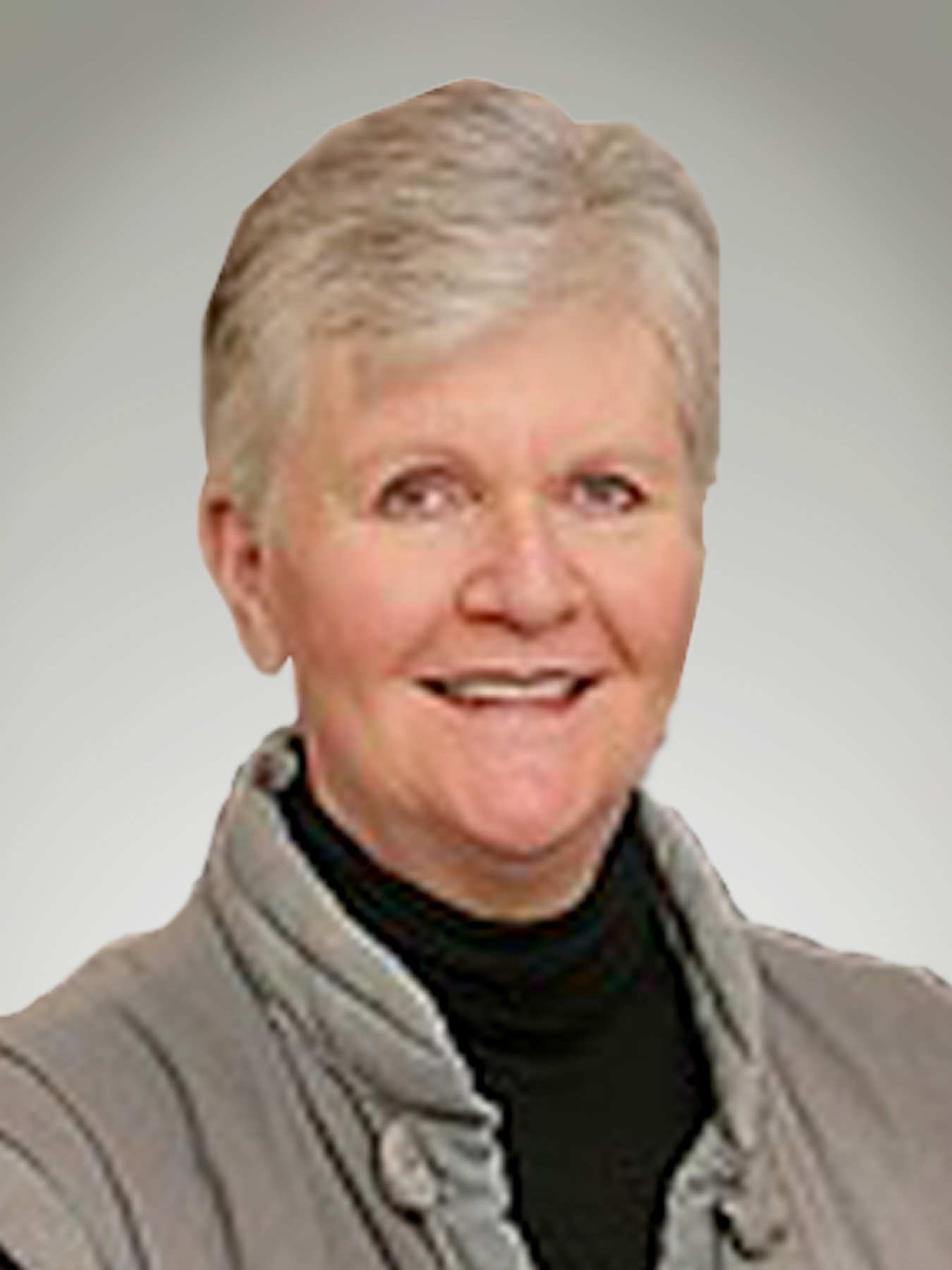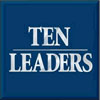One of my earliest mentors and heroes was Sonoma County's first family law judge, Rex Sater. He always spoke of the importance of recognizing that the people in his courtroom had at one point been optimistic and happy together, and hopeful for their future. Instead, they would sit in the courtroom frightened, confused and even angry. He addressed the parties with respect -- and he always said they owned the keys to their future, that they had the answers more readily than he did.
I have always shared those beliefs, and that sense of respect. My work now in Collaborative Practice is certainly consistent with all of that. I've learned to use my role to educate clients on the process, and enlist clients to work with me. The eye is on settlement from the get-go. I want my clients to understand what their highest priorities are. All of that is constructive work, I think. It limits the damage of divorce.
Most clients come in expecting a divorce to be ugly, painful and expensive. Many expect to be victimized by their soon-to-be-ex-spouse, by that person's lawyer, or by a judge. I explain at our first meeting that each client and his/her spouse or partner, have choices to make that can influence what the eventual result is. It's a great surprise to many clients that they can have some control over their future.
Of course, there are some folks for whom collaboration or mediation isn't possible. They may really need to have someone else make the decisions. Or they may be so influenced by substance abuse, emotional or psychological impairment, that they are incapable of taking responsibility for working respectfully on resolution of conflicts.
As a traditional litigator, I saw myself as an advocate to obtain the best resolution for my client. But I started to question this. I found myself feeling isolated from colleagues and personally unsatisfied with how little influence I seemed to have in obtaining the results I believed to be "right."
I had a reputation too for being a terror to other attorneys. I've always been a stickler for following the rules, and for keeping a case on track. A lawyer who was sloppy or lazy would always have a problem me. I was a tough, unyielding - and often frustrated.
At about this time, I learned about Collaborative Practice, and began to experience the much greater satisfaction of integrating my personal values and professional life, while working with other collaborative professionals - all people I had great respect for. It is a team process, and it's both a challenge and a blessing.
So my definition of advocacy for clients has shifted significantly. I now define my role as one of educating and supporting clients in finding their own voice, their deepest priorities and interests, and in learning new and more effective ways to bring their voice into the work of resolving disputes.
That offers the opportunity to create a resolution tailored to all of the family members. The result is not a cookie-cutter approach where one size fits all, as mandated by law and interpreted by a third party. Privacy, control of timing and control over costs are all attractive attributes of the collaborative process. After all, there is no such thing as a routine divorce.
My office is located at The Collaborative Practice Center, and while I practice independently, all the professionals here are collegial, supportive and readily available to one another. My office is a welcoming place. And after years of working with hundreds of divorcing couples, having been divorced myself, and having had other defining personal experiences, I do understand.
I love what I do. I couldn't say that in my last 10 years as a traditional lawyer. I am helping my clients in ways that I never could before, and I see the difference every day.

Fax: (707) 576-8182
University of San Francisco, J.D., 1976



